UFVA STATEMENT OF GUIDELINES FOR TEACHING FILM AND MEDIA DURING THE COVID-19 PANDEMIC
The University Film and Video Association (UFVA) is one of the premier U.S. academic organizations dedicated to the study of film and media. UFVA members are makers and artists, teachers and students, archivists and distributors, college departments, libraries, and manufacturers.
UFVA is deeply concerned about the challenges posed by the return to higher education settings in the fall. The health and safety of faculty, staff, students, and the community are at risk during the COVID 19 pandemic until a vaccine is developed and widely available. UFVA is fully committed to ensuring that academic institutions are carefully considering appropriate pedagogical practices as well as the film and media industry policies and procedures that will enable safe and clean classrooms, studios, labs, facilities, equipment, and technology. For this reason, the University Film and Video Association stands in unison with the American Anthropological Association’s call “on university and college administrators to consider the health and safety of all members of their communities, with special attention to vulnerable populations.” While we recognize the financial imperatives facing institutions of higher learning, we believe that issues of ethics and equity are of paramount importance. The vulnerability of members of minority communities to the ravages of COVID 19 are crucial to our consideration. As we emphasize the critical need for more BIPOC students in the production of mediated stories and projects and actively promote diversity and equity in our classrooms, we must equally consider how to protect their participation within our institutional environments.
By its very nature, teaching production demands close collaboration, physical proximity and the need to share space and equipment. Such spaces are often poorly ventilated and thus difficult to clean thoroughly. Until fully vetted safety measures are in place, there needs to be careful consideration of the inherent risks of returning to work in a face to face teaching environment.
Industry procedures provide an expensive, labor-intensive model for us to consider. We are aware that, unlike industry professionals such as the Alliance of Motion Picture and Television Producers, few academic institutions have the budget or enforcement personnel embedded in their teaching units to facilitate such provisional practices.
We believe strongly that online teaching should be the default educational mode in the context of COVID 19. UFVA supports and shares the statement made by the Accessible Campus Action Alliance that “making online teaching the default, rather than the exception, especially for larger classes, would reduce the uncertainties accompanying hybrid and in-person teaching and learning in the Fall.” This also applies to small production classes where close collaboration and equipment sharing are necessary features of how such courses are typically taught. We reaffirm the position of the American Association of University Professors in their Statement on Government of Colleges and Universities the faculty has “primary responsibility” for decisions related to academic matters, including “curriculum, subject matter and methods of instruction, research, faculty status, and those aspects of student life which relate to the educational process.”
Any plans to return to campus must fully consider necessary protective measures for all members of the campus community including faculty, staff and students. Physical barriers, masks, contact tracing, testing and thorough cleaning protocols per CDC guidelines must be embraced by all members of the campus community and fully funded and enforced by our institutions.


